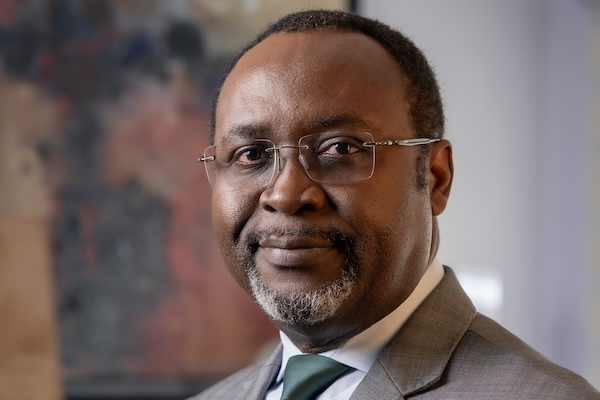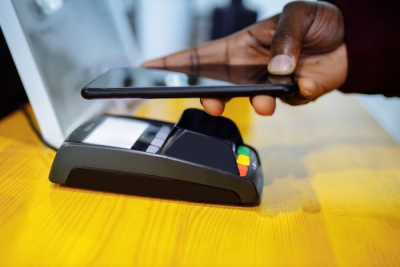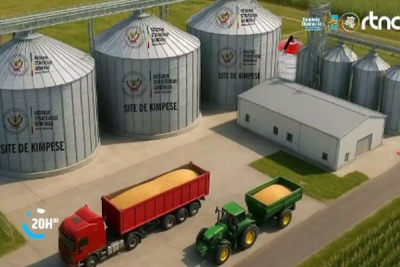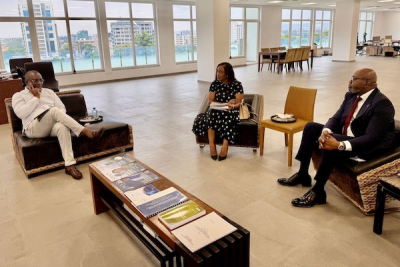Marking the International Day for the Eradication of Poverty, Albert Zeufack, the World Bank’s Country Operations Director for the Democratic Republic of Congo (DRC), Burundi, Angola, and São Tomé and Príncipe, urged a nationwide effort to focus on creating decent, well-paid jobs in the DRC.
Drawing on more than three decades of experience in economic development, the Cameroonian economist warned that the country must urgently link economic growth to social inclusion or poverty will continue to defy current efforts.
Zeufack noted that despite a 17% rise in GDP per capita between 2020 and 2024, poverty only declined slightly, from 85% to 81.1%. He said this limited progress stems from growth being driven mainly by the mining sector, which generates few jobs. World Bank data show a negative employment-to-growth elasticity of -1.46 during this period, meaning the economy expanded while employment contracted. Zeufack argued that this capital-intensive model is deepening inequality and weakening social cohesion.
He called for structural reforms to diversify growth drivers and invest in sectors that can create sustainable employment. He stressed the need to cut business costs, improve infrastructure, and boost connectivity—particularly roads, electricity, railways, and digital networks—while making major investments in human capital and technical skills.
The World Bank’s current project portfolio reflects this strategy. Zeufack cited the Inga 3 Development Program (PDI3), the Lobito Corridor, and the PACT Corridor linking Mbuji-Mayi with the country’s eastern regions, all of which combine infrastructure expansion with job creation. PDI3, he explained, goes beyond building a hydroelectric dam; it aims to establish an environment for power generation and distribution, a key driver of industrialization.
He described the Lobito Corridor, which connects the mining regions of Katanga to the Atlantic coast, as a crucial tool for economic diversification. The project, he said, should help create special economic zones, develop secondary cities, and strengthen agricultural value chains — a necessary break from the DRC’s extraction-driven economy.
Zeufack concluded by saying that the DRC’s economic performance should no longer be measured by GDP alone, but by its capacity to generate quality jobs and reduce poverty. Reconnecting growth with employment and social well-being, he said, must be central to the country’s development model if it is to turn its vast potential into shared prosperity and meet the demographic challenge it faces by 2050.
Boaz Kabeya










